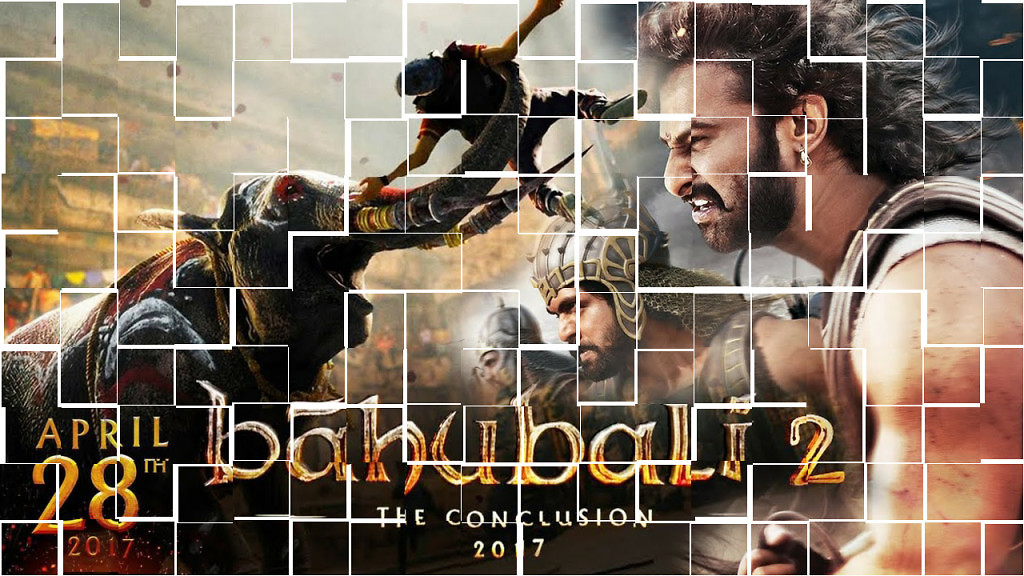The controversy surrounding Baahubali 2: The Conclusion is yet another proof, if proof is still required, that freedom of expression is on its last legs in India.
The controversy is about certain remarks made by actor Sathyaraj, who plays an important role in the movie. He recently apologized for the some comments he made nine years ago in the wake of assault on Tamilians in the state over the Cauvery issue. Chauvinistic Kannadiga groups threatened to stop the release of the second edition of the hugely successful Baahubali franchise.
Does India deserve to be called the world’s largest democracy? Anybody can stop any movie on any pretext—and nothing happens to them. Anybody can and does beat up any filmmaker on the self-decided verdict that he has hurt some sentiments—and goes scot-free. The guy who has to do the explaining is the filmmaker, not the hooligan. Is it the rule of law? Is it liberalism? Whatever happened to the Preamble to the Indian Constitution in which “we, the people of India… solemnly resolved to… secure to all its citizens… liberty of thought, expression, belief, faith and worship”?
Here is an actor who, innocuously believing in the sanctity of the constitutionally prescribed Fundamental Rights, said something about an issue he felt strongly about. The unlucky fellow didn’t know that he, like his fellow citizens, does not live in a free country in which one could speak one’s mind; India is a Talibanized nation in which any scoundrel with any bunch of goons can bully any creative person.
Normally, opposition to a movie is on the grounds of its content or some viewpoint it presents. This in itself is bad enough. Quite apart from the Central Board of Film Certification (CBFC), which often acts as a censor, there is government at the Central and state levels. Then there are a myriad of professional revolutionaries, rapacious activists, publicity hunters, and sundry busybodies who are always ready to pounce upon anything popular and any film personality big enough to be blackmailed; they are the vultures in public domain, looking for easy prey. They use any pretext—the film being anti-national, against some community, maligning some historical figure, or the standard ‘hurting the sentiments’ stuff—to extort money from filmmakers and/or gain cheap popularity with the help of the media.
In the last few years, things have taken a turn for the worse; now it is not just the movie but everybody associated with it too has to pass muster. In 2006, Aamir Khan-starrer Fanaa was banned for all practical purposes in Gujarat because he had participated in a pro-Narmada dam rally which the Bharatiya Janata Party did not like. The party was not opposed to the movie but to Aamir’s views on the Narmada agitation; the movie, because of its association with the star, was collateral damage.
Ditto with Baahubali 2 case are depressing: the opposition is not to the movie but to what Sathyaraj said years ago. He was forced to tender an abject apology. In a video statement in Tamil, he said, “I have got to know that what I had spoken during the Cauvery water crisis has created a lot of tension among the people of Karnataka. I’m not against Kannadigas or Karnataka.” He went on to buttress his point by saying that his assistant of over 30 years, Shekar, is a Kannadiga.
The Baahubali 2 row is following the script: those who threaten violence, which is a criminal offence, are being placated, pleaded to; creative persons are in the line of fire. This is not what a liberal democracy is all about. In fact, this is the negation of liberalism and democracy. What is even more depressing is the fact not many people are bothered about the relentless undermining of liberty.
